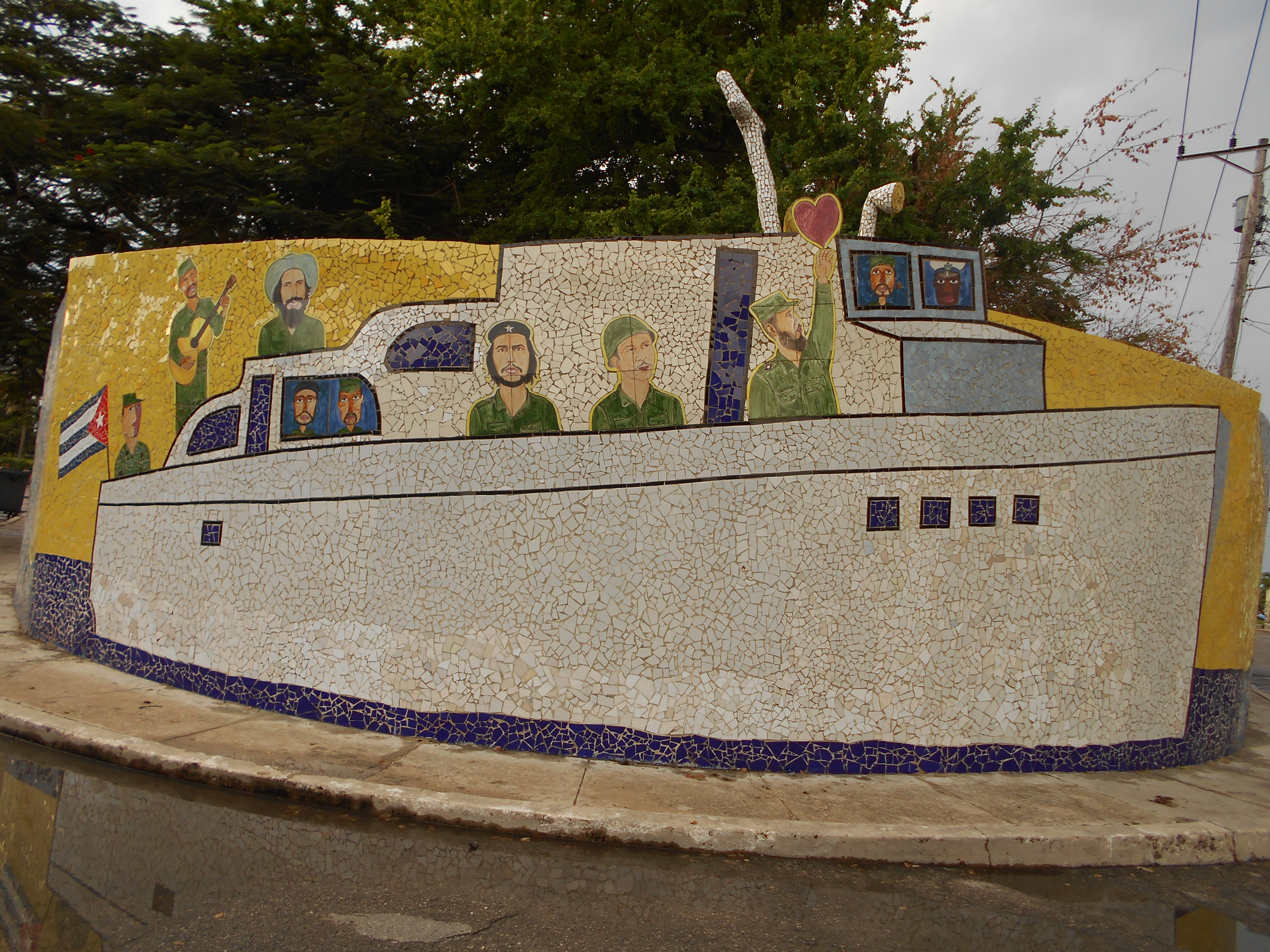Dr. Joseph J. Garcia Presentations in Cuba and Texas
Departmental News
Posted: December 17, 2015
CCS professor Dr. Joseph J. García recently traveled to Austin, Texas and Cuba to present his research. Here is a recap of the events in Dr. García’s own words.
1st International Symposium on the Cuban Revolutions:
Origin and Historic Development:
 It was both and honor and a challenge attending the 1st International Symposium on the Cuban Revolutions: Origin and Historic Development, due to both my abstracts being accepted to this international conference with presenters from twenty countries. In addition to attending the conference and presenting my dissertation work, it was my first trip to the island nation and I had the good fortune to stay with the family of a friend. The conference was a challenge in that I was presenting my research before a distinguished group of scholars from the Cuban Institute of History in addition to one panel I was on where former revolutionaries who had served with the Castro Brothers and Che were in attendance along with other retired Cuban Revolutionary Armed Forces officers. My trip to Cuba was an incredible experience where I was able to speak to a variety of people about U.S. and Cuban relations and was treated with the greatest of hospitality. It was an honor in that a little known scholar of Cuban and Mexican relations was so warmly accepted to present to such a distinguished group of scholars.
It was both and honor and a challenge attending the 1st International Symposium on the Cuban Revolutions: Origin and Historic Development, due to both my abstracts being accepted to this international conference with presenters from twenty countries. In addition to attending the conference and presenting my dissertation work, it was my first trip to the island nation and I had the good fortune to stay with the family of a friend. The conference was a challenge in that I was presenting my research before a distinguished group of scholars from the Cuban Institute of History in addition to one panel I was on where former revolutionaries who had served with the Castro Brothers and Che were in attendance along with other retired Cuban Revolutionary Armed Forces officers. My trip to Cuba was an incredible experience where I was able to speak to a variety of people about U.S. and Cuban relations and was treated with the greatest of hospitality. It was an honor in that a little known scholar of Cuban and Mexican relations was so warmly accepted to present to such a distinguished group of scholars.
University of Texas Voting Rights Conference:
Again it was both and honor and a challenge attending the Latino, The Voting Rights Act and Political Engagement Conference at the University of Texas that similar to the Cuban Revolution Conference involved both academics and activists. I presented a paper based on my parents works implementing the 1965/75 Voting Rights Act in the small town in Texas, I am originally from, confronting the influence of the KKK and its segregation policies in rural Texas. At the conference were many trailblazers of the Voting Rights Act Extension of 1975 who were recognized along with the story of the challenges that organizing the extension that involved a cross-ethnic coalition of academics, attorneys, and congresspersons. At the conference were attorneys who had worked on my parents case and one of the attorneys/law professor also presented on my parents case and the experience of working with my father. The conference much like the one in Cuba was a once in a lifetime opportunity to engage in dialogue with people who have taken and important role in the history of their countries pursuing the betterment of their societies. I am grateful that my mother and brother were able to attend my panel and attend the conference. After the emotional presentation by the attorney/law professor who was involved in my parents case, at the reception after the conference my parents were unofficially recognized for their contribution to democracy in the U.S.


